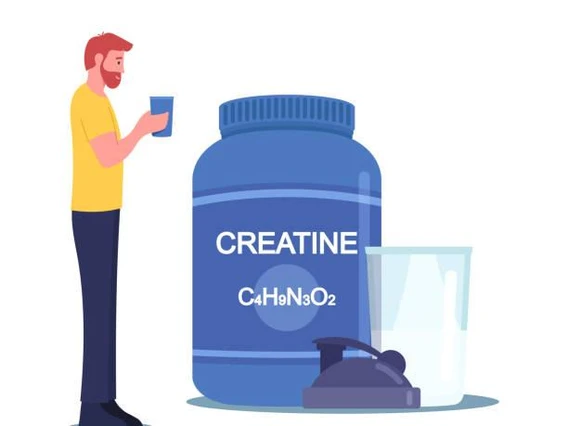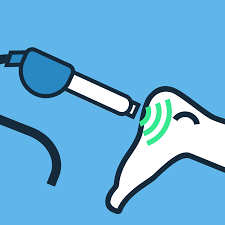How Much Creatine Do I Need to Workout?
The recommended creatine dosage for workout purposes is typically referred to as a

"loading phase" followed by a "maintenance phase." Keep in mind that individual responses to creatine can vary, and it’s advisable to consult with a healthcare professional or a registered dietitian for personalized advice based on your specific circumstances.
Loading Phase:
During the loading phase, individuals typically take a higher dose of creatine for a short period to saturate the muscles with creatine phosphate. This is often done for 5-7 days.
- Loading Dosage: 20 grams per day, divided into 4 doses (5 grams each), taken throughout the day.
Maintenance Phase:
Following the loading phase, a maintenance dose is taken to sustain elevated creatine levels in the muscles.
- Maintenance Dosage: 3-5 grams per day.
Alternative Approach:
Some individuals choose not to undergo a loading phase and instead start with a lower, steady dose from the beginning.
- Steady Dosage: 3-5 grams per day.
Timing:
Consistency is Key: Regardless of whether you choose a loading phase or a steady approach, it’s essential to take creatine consistently.
Pre- or Post-Workout: Creatine can be taken before or after a workout. The timing is not as
critical as consistent daily intake.
Factors to Consider:
1. Body Weight:
- Dosages are sometimes recommended based on body weight. A common guideline is about 0.3 grams per kilogram of body weight during the maintenance phase.
2. Individual Response:
- Individuals may respond differently to creatine supplementation. Some people may
experience benefits with lower doses, while others may require higher amounts.
3. Health Considerations:
- If you have any pre-existing health conditions, especially kidney issues, it’s crucial to consult with a healthcare professional before starting creatine supplementation.
Water Intake:
- Stay Hydrated: Creatine can increase water retention within muscle cells, so it’s important to stay adequately hydrated.
Quality of Supplement:
- Choose Creatine Monohydrate: Creatine monohydrate is the most researched and widely used form. Ensure you select a high-quality supplement from a reputable source.
Duration:
- Long-Term Use: Creatine supplementation is generally considered safe for long-term use. Many individuals incorporate creatine into their routine continuously.
Individualization:
Dosages can vary based on individual factors such as body weight, muscle mass, and specific fitness goals. Some people may choose not to follow a loading phase and opt for a lower, consistent dosage from the beginning.
It's crucial to note that while creatine is a popular and well-researched supplement, individual responses can vary, and not everyone may experience the same benefits. If you have any concerns or specific health conditions, it’s advisable to consult with a healthcare professional or a registered dietitian before starting creatine supplementation. Additionally, always follow the dosages and guidelines provided by the supplement manufacturer.














































